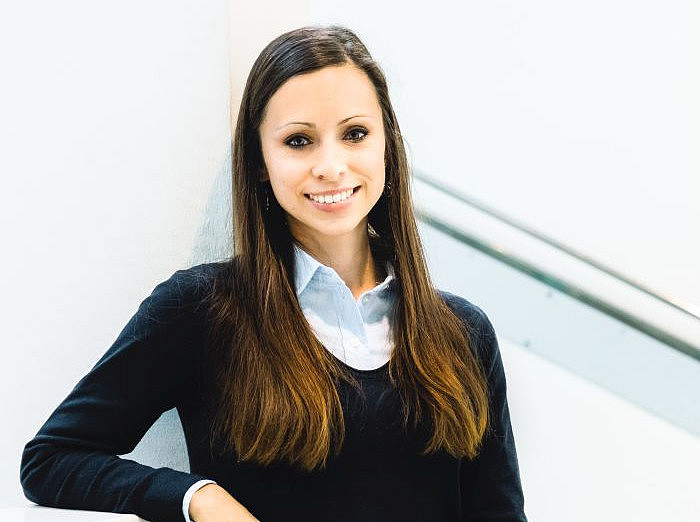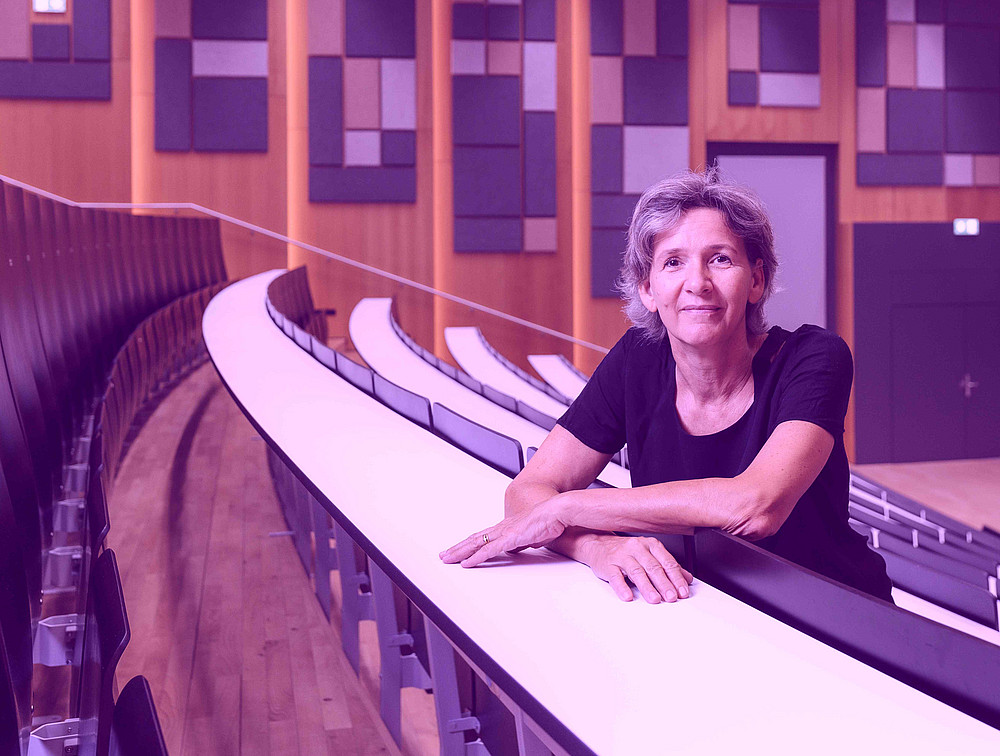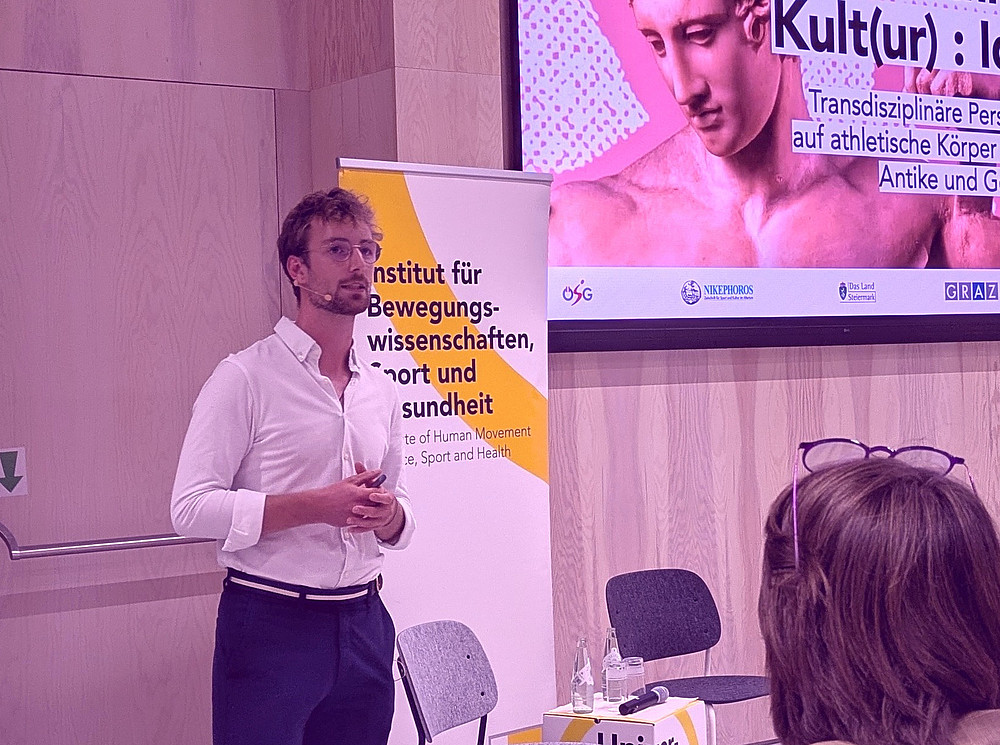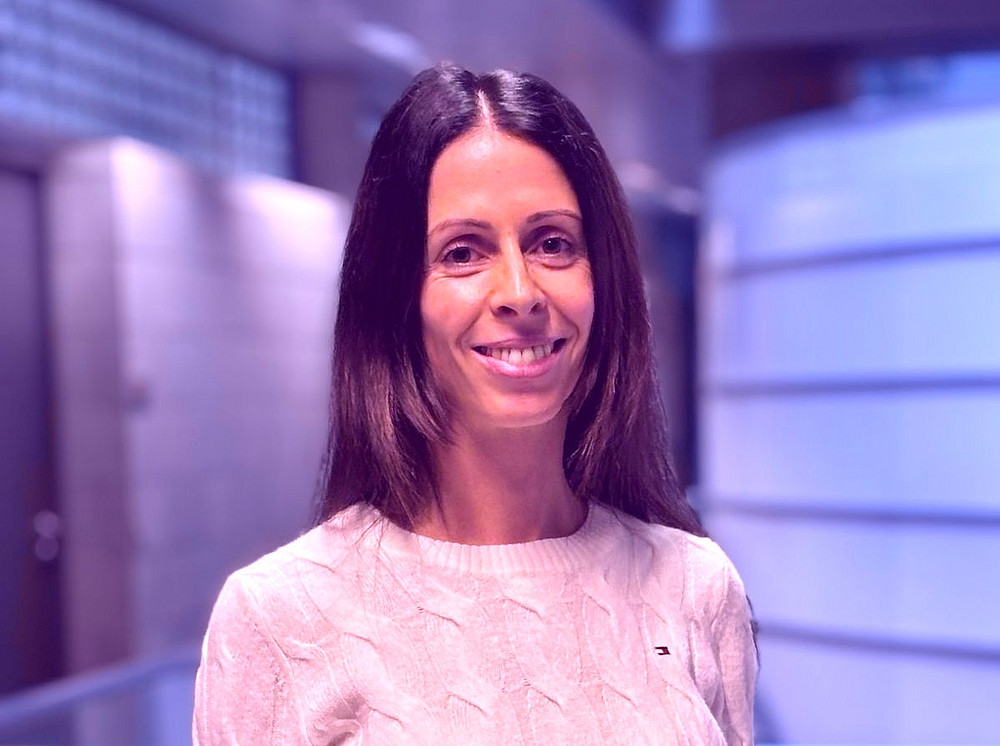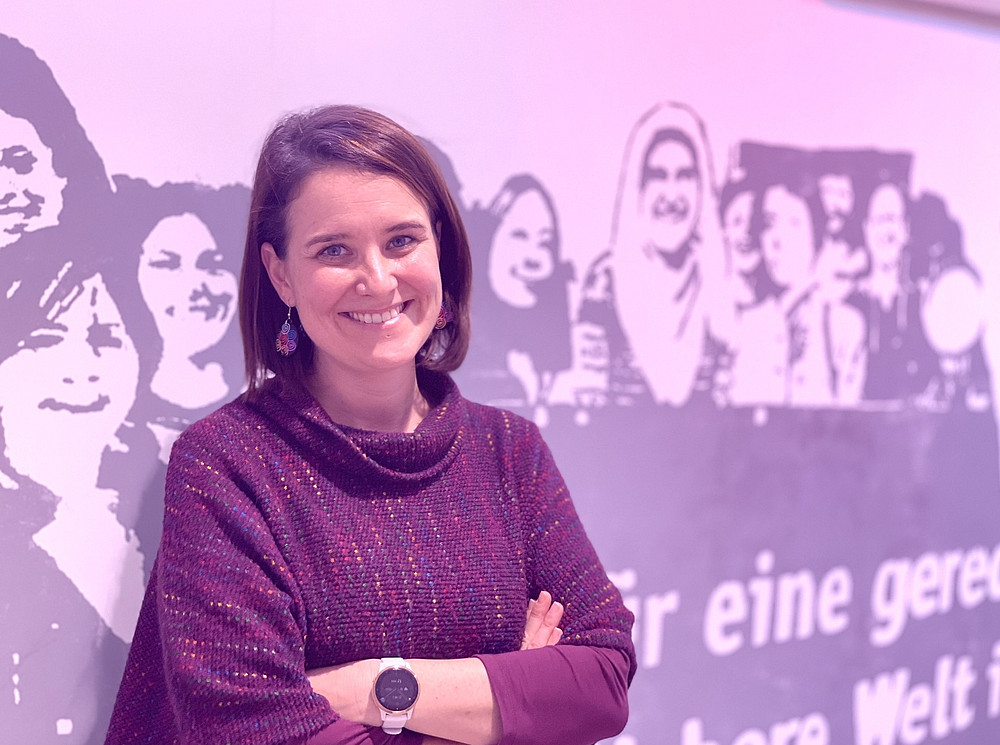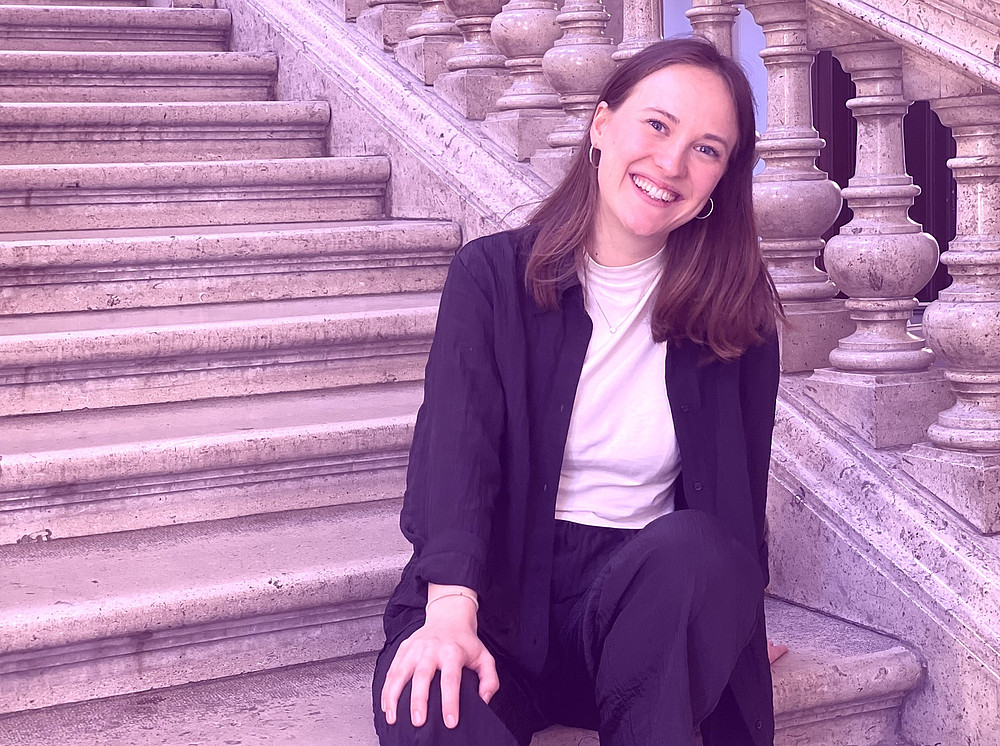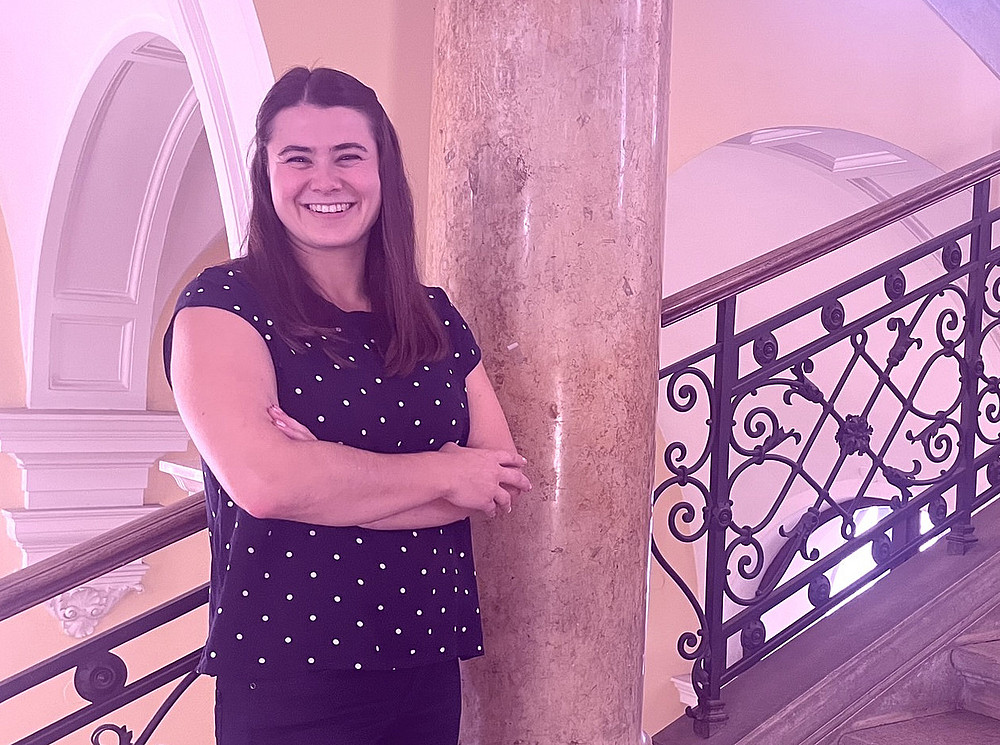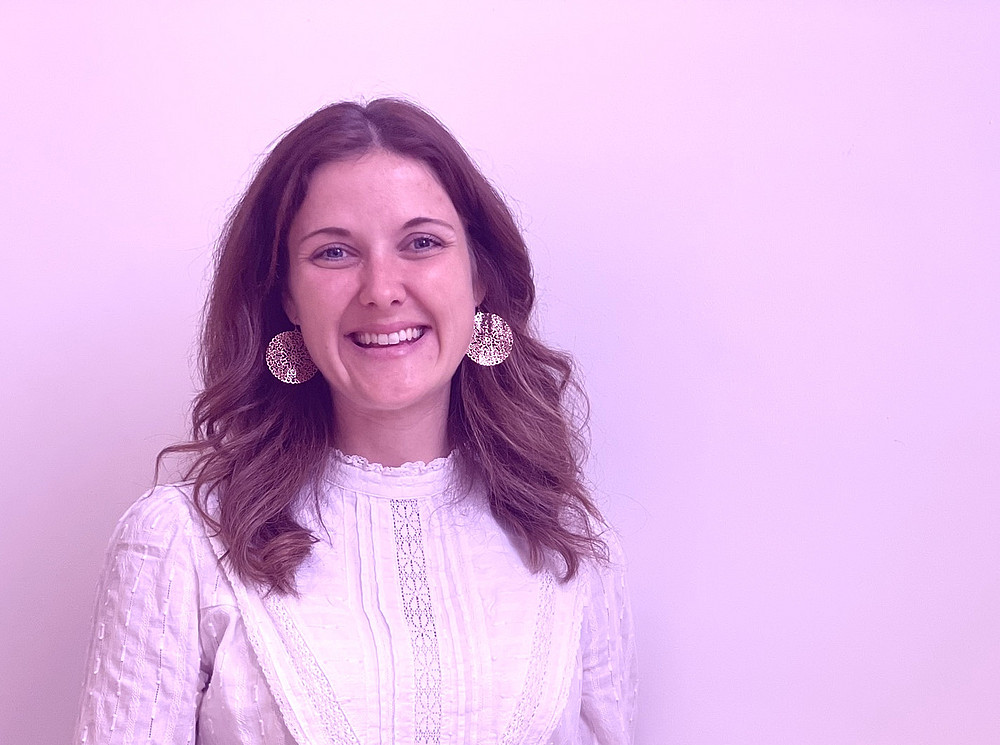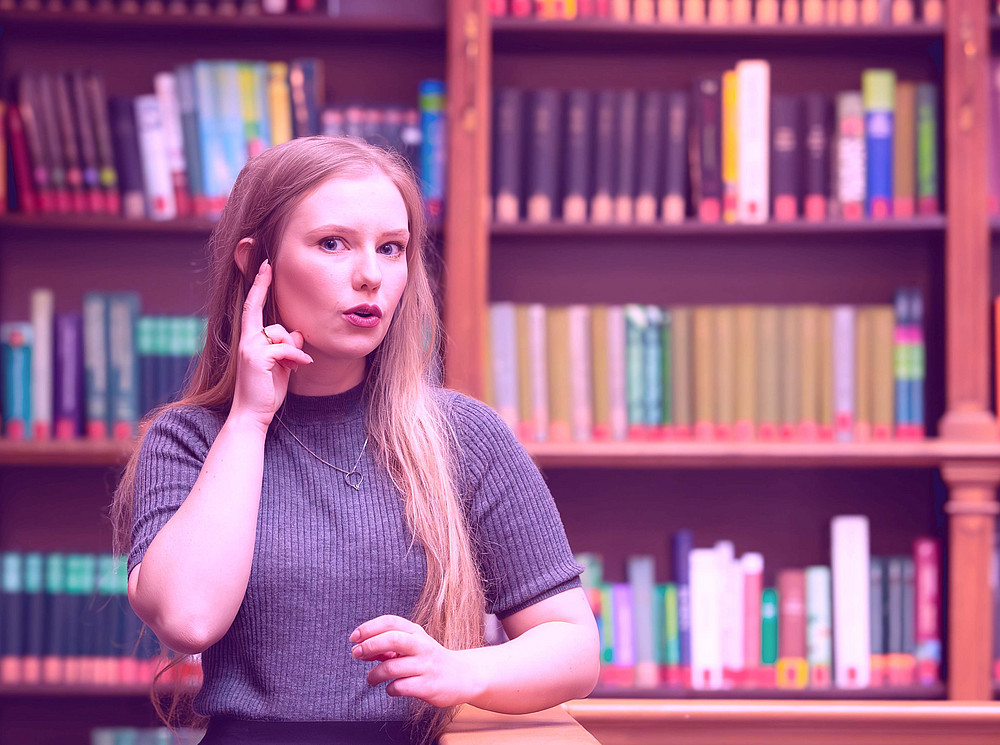Numerous young researchers
... are involved in the four research clusters - whether as PhD students, post-docs or students writing their bachelor's or master's thesis as part of one of the research projects. There are many opportunities to participate in research related to the education of the future. Learn more about the young scientists - what they are researching, what drives them and why they are passionate about their respective topics.
"Technology doesn't just change how we learn - it changes what learning means."
After 27 years of international research, Kathrin Otrel-Cass brings a unique perspective to the Austrian educational landscape as a university professor at the Institute for Educational Research and Teacher Education at the University of Graz. As a member of the educational technology cluster at FUTURE EDUCATION, she combines her expertise in techno-anthropology with innovative educational research.
Young researcher Tarik Orliczek provides impetus for conference on the reception of ancient body images
The conference "Körper : Kult(ur) : Athletics : Ideal" was a success - not only in terms of content, but also on a personal level: for Tarik Orliczek, junior researcher and member of the "Plurality and Diversity" cluster, it was the first conference in which he played a key role in the organisation.
"Games will play a decisive role in the future of education"
A year ago, Stefan E. Huber was honoured with the first FUTURE EDUCATION Award. Since then, he has remained true to the research focus for which he was honoured - playful learning. On the occasion of EARLI 2025, he has now changed sides - and is presenting one of four awards to this year's winner. At FUTURE EDUCATION, Stefan E. Huber is a member of the Education Technology(s) Cluster.
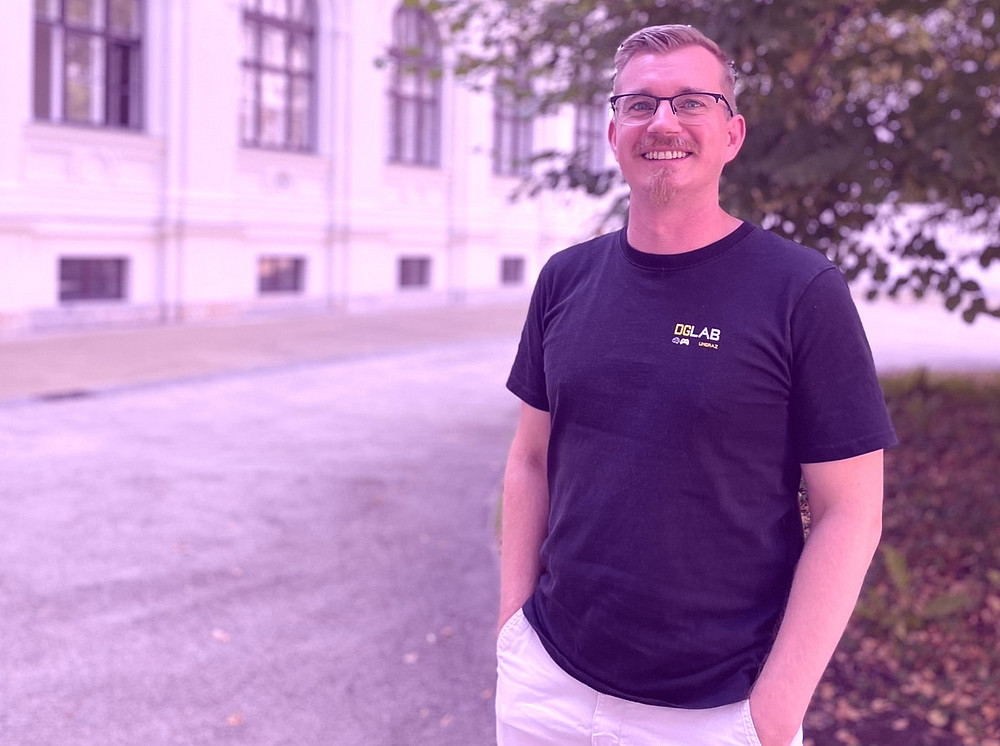
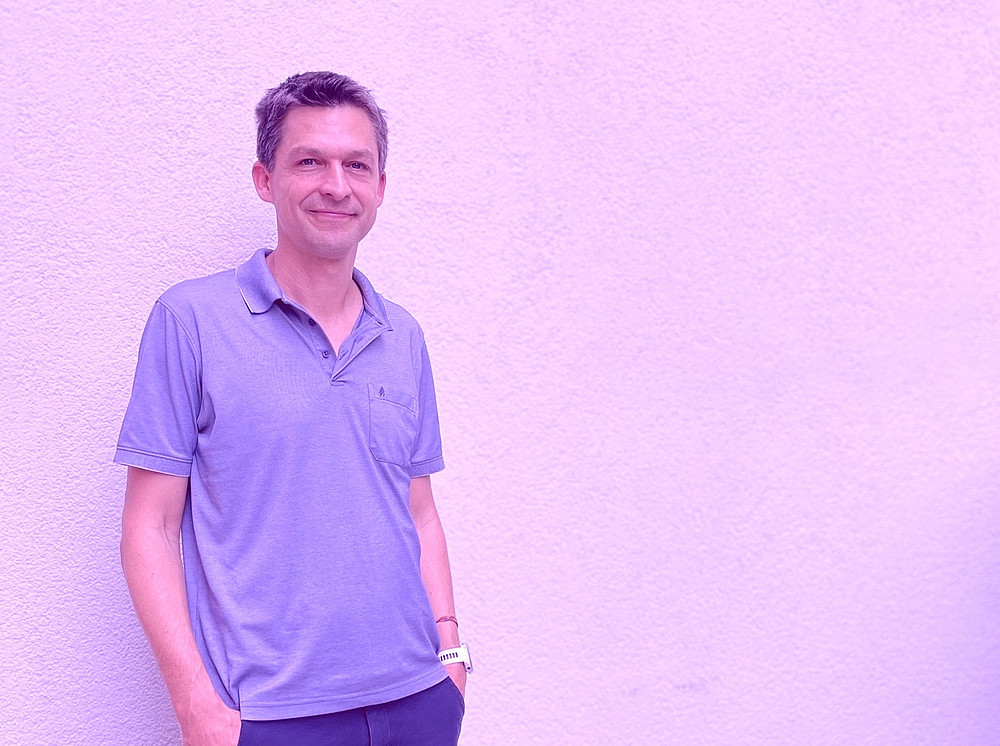
"I want to demystify creativity"
How can creativity be measured? Is artificial intelligence creative? Are creative people more intelligent than non-creative people? Mathias Benedek, member of the "Plurality and Diversity" cluster and keynote speaker at EARLI 2025, gets to the bottom of these and other questions in his research.
"It's important to me that students can recognise and refute fake news"
Not following the advice of the Minister of Education at the time - this is exactly what Stephan Schicker brought to specialised didactics research. He is a member of the FUTURE EDUCATION language cluster.

"The question of how learning technologies can promote learning should be asked during the development phase - not afterwards."
Silvia Lipp worked in the private sector for many years before embarking on a career in academia. After completing her doctorate, she has been working as a Senior Lecturer with extended research duties at the Institute of Business Education at the University of Graz since February 2025. She is a member of the MINT+ cluster in the FUTURE EDUCATION network.
Christina Krause: "You have to bake the students good bread so that they get a taste for maths"
Assistant Professor Christina Krause actually wanted to become a teacher. Now she teaches prospective maths teachers at the University of Graz and teaches them how to make maths appealing to students. She is involved in three clusters in the FUTURE EDUCATION programme: Educational Technology(s), MINT+ and Plurality and Diversity.
"It's important to me that the school system doesn't lose children one drop at a time"
Assistant Professor Lisa Paleczek's research centres on inclusive and diversity-sensitive lesson design. She is a member of three clusters in the FUTURE EDUCATION network: Plurality and Diversity, Languages and Educational Technologies.
"Just doing research in a quiet little room wouldn't be my thing!"
As part of her dissertation, language didactics expert Victoria Reinsperger is researching how written argumentation can be better taught to pupils. She is driven by the feeling that she can give young people something to take with them. And the desire to come to her own conclusions.
"I like having questions and being able to answer them."
Are mathematicians from another planet? Michaela Meier investigated this question in her dissertation. Her research also focusses on how much mathematical creativity non-geniuses bring to light.
"It's great to bring research results directly into the school!"
After completing her third Master's degree, she also completed a dissertation: Didactics expert Angelika Bernsteiner researched how student teachers of science subjects can be prepared to deal with digital media and disinformation in the classroom.
"You don't need to go to Panama to immerse yourself in a foreign world!"
How do deaf migrants communicate in Austria? Linguist and sign language researcher Julia Gspandl looked into this question in her dissertation. And found out some surprising things.
"I want to bring science into society"
Muhammed Akbulut has been researching and working at the University of Graz since 2016. In his habilitation project, he and his colleagues from the Center for Didactics of German as a Second Language & Language Education are developing a didactic concept to introduce students to scientific writing.
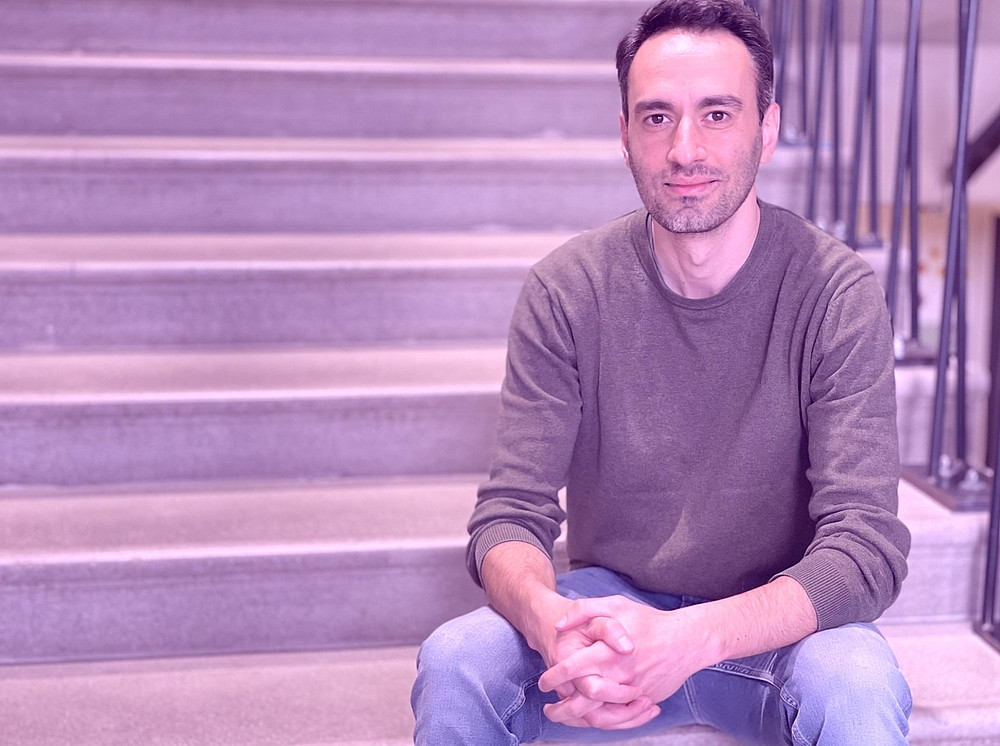
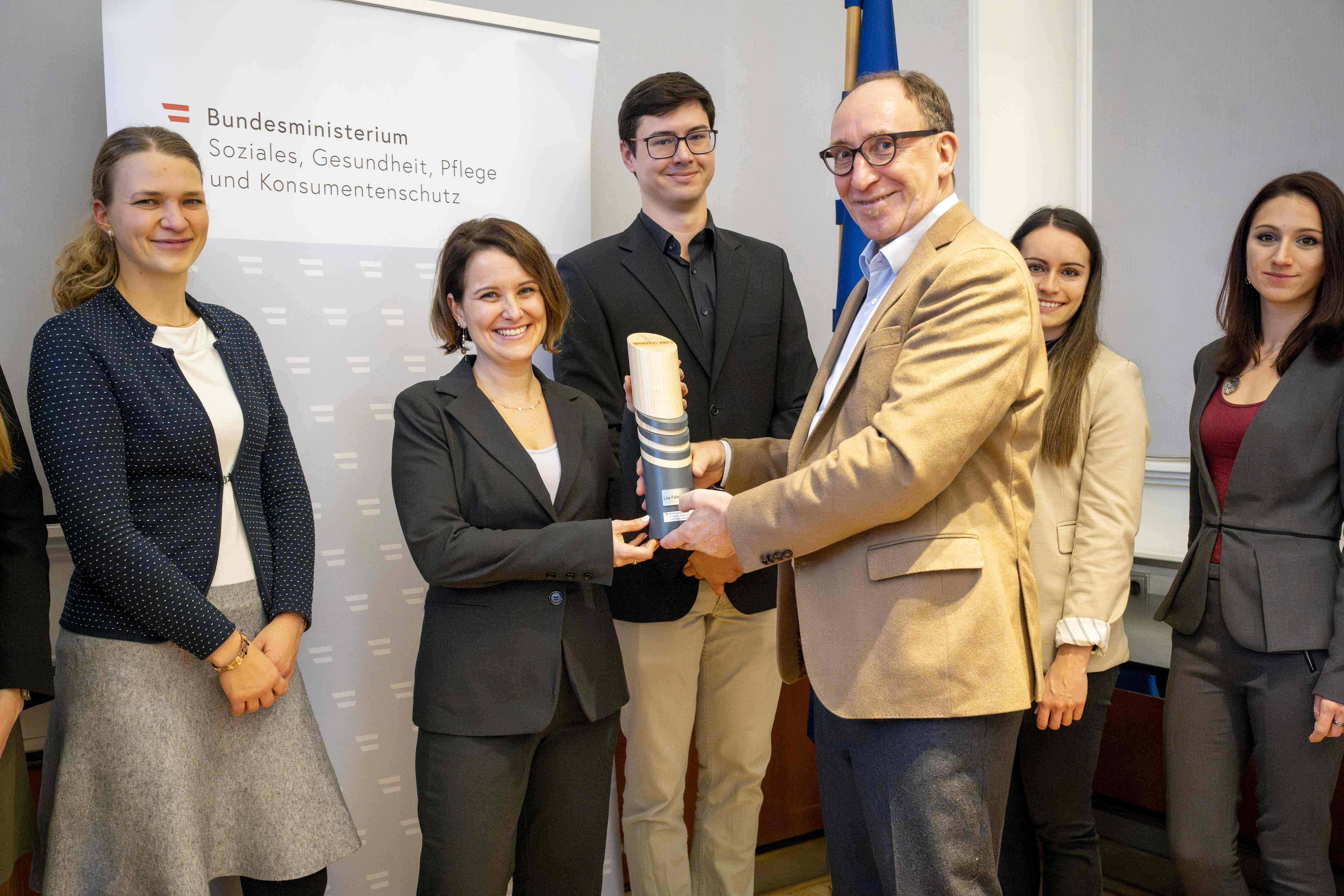
Inclusion prize
The "RegioDiff" project team led by project manager Lisa Paleczek developed differentiated science teaching materials for inclusive lessons in the fourth grade. On January 9, 2024, the project was awarded the Science Prize "Inclusion through Science and Technology" (WINTEC) by Minister of Social Affairs Johannes Rauch.
Habilitation
What texts reveal about us and how they can help to solve crimes - this and other forensic questions are addressed by forensic linguist and Anglicist Karoline Marko as part of her research for her habilitation at the University of Graz.
